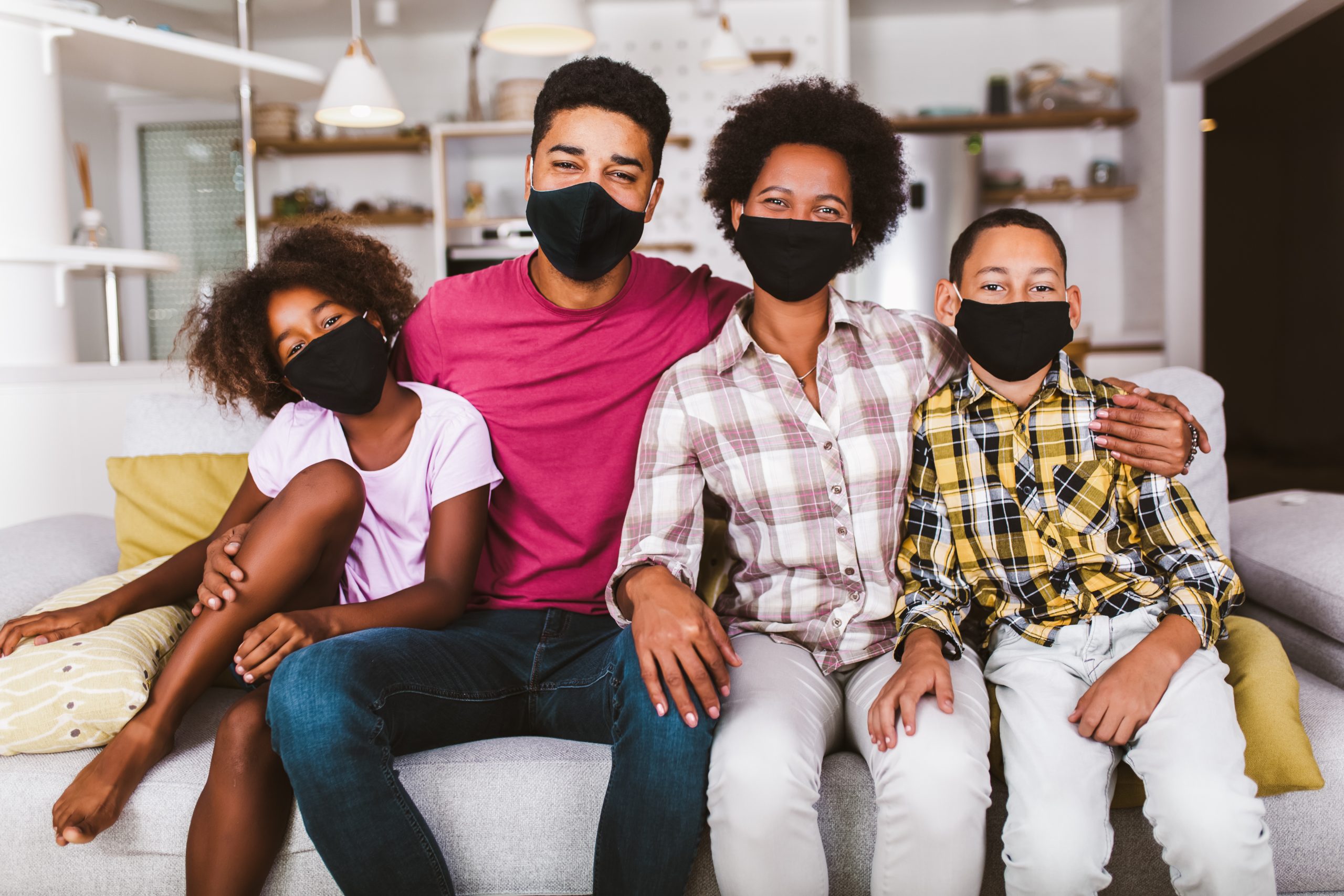Pandemic Survival Guide For the Emotionally Neglected

Let’s start with a few questions about your own personal experience with social distancing during the pandemic.
The Questions
- Are you having strong feelings that you feel alone with? Are you wondering what you’re supposed to do with all the feelings you’re having?
- Are you feeling hemmed-in, hurt, harmed, helpless, irritated, annoyed, or otherwise overly affected by the people you are sheltering in place with?
- Is spending more time with your partner or spouse raising some problems and/or questions about the relationship?
- Is all the home-time with your kids magnifying behavior problems, making you doubt your parenting, or leaving you feeling at sea about what to do?
- Are you concerned about your parents but avoiding calling them?
- Do you wish you were able to speak up and state your feelings and needs but find you don’t know what to do or how to do it?
The Answers
Read my CEN Pandemic Survival Guide by clicking on the link or the picture below. I hope it offers you ideas, solace, helpful advice, and care.
Webb_CEN_Pandemic_Survival_Guide
Childhood Emotional Neglect is often invisible and unmemorable so it can be difficult to know if you have it. To find out, Take the Emotional Neglect Test. It’s free.
Learn about Childhood Emotional Neglect, how it happens in the life of a child, and how to heal it in the books Running On Empty and Running On Empty No More.
Preview:
Whatever negative events you may have imagined happening in your future, the coronavirus pandemic was probably not one of them.
It seems that the current state of our world, replete as it is with quarantines, stay-at-home orders, closed businesses, virtual education, lost projects, and social distancing leaves probably about 90% or more people feeling alone, uncertain and lost.
As a psychologist who specializes in the effects of Childhood Emotional Neglect or CEN on adults,
I can tell you that scores of people had already brought a big dose of those three feelings forward from their childhoods and have been quietly coping with them for years.
And now, in this current situation, we are handed an extra measure of “alone, uncertain, and lost,” plus a whole lot more.
If you grew up in a family that ignored the emotions of its members (CEN); if you are stuck at home, feeling stressed, lost, confused, terrified, alone, helpless or hopeless, sad, worried, or angry, I want you to know that there is a way to turn this around for yourself.
The Importance of Control in an Uncontrollable Time
Much of this situation is truly out of your control, but not all of it. It is possible to reframe your current situation into an oppor- tunity. An opportunity to do things you were never able to do because of time, stress, and all the life demands that you’ve always been juggling.
I believe you can survive the challenges of this pandemic. But I want you to do better than survive. I want you to find yourself growing in surprising ways during the pandemic. I want you to thrive.
So I have put together this guide to help you cope and grow in the various areas of your life that are being challenged the most by the current state of our world. In this Guide you will find understanding, awareness, help, and support, as well as concrete steps you can take to care for yourself during COVID-19.

